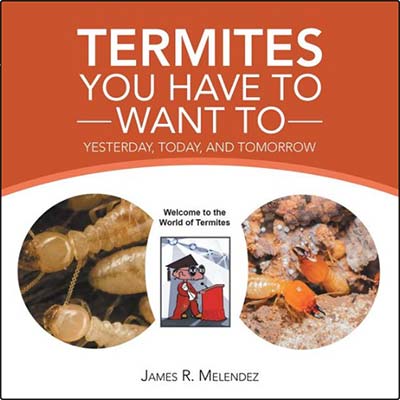In our last blog we mentioned that we would post a blog on a more regular basis, but because of the overwhelming response, we saw it proper to allow it to continue as we were getting positive comments from all over the world. We take this time to thank you for all your editorializing and your positive comments. Now To Organics VS Organics.
The word organic has become the word of the past decades and to the present, and we don’t foresee a change in the years to come. The word is used in Health foods, gardening, Landscaping, building materials, medicine, cosmetics, pest control; to name a few and the list goes on. The word green has become synonymous with organic. So, what is organic? Well! It all depends on whether you are the consumer or the merchant, in other words- are you trying to buy something or sell something. If you are a merchant you use it to promote your product, if you are a consumer, you use the word organic to help you make a wise, healthy and well informed decision. But you must understand in what context the word is being used, whose definition is being used. Let’s look at a few definitions.
Merriam- Webster Dictionary
1- Grown or made without the use of artificial chemicals.
2- Not using artificial chemicals.
3- Relating to or obtained from living things.
Are you confused yet? If you google organic foods, Definition,you will find, Definition: “Organic” technically refers to any material that is carbon-based. That said, organically raised food follows a set of prescribed practices that differ in a number of ways from industrialized agriculture. Only farms that go through the certification process of their country or state can label their food organic. The process is expensive, and many small farms choose to forgo certification even though their own practices meet or exceed those required. Organic standards vary, but generally include:
- Prohibition of synthetic chemicals, irradiation, sewage sludge, or genetically modified organisms
- Farmland that has been free of the above for a time (in the U.S. it’s three years)
NPRMay 15 02:42 PM
The government runs organic and antibiotic-free labeling programs, but has stayed out of the non-GMO labeling fray. That is, until a food company asked the USDA for help, and the agency obliged.
It is good to note that almost all material are carbon based and almost all chemical, whether toxic or not are derived from the carbon molecule. Now if the above does not confuse you, You’re probably a genius. And if you are not a genius, What is the answer, and how can I make a wise decision? Especially when it comes to food, gardening and of course fertilizers. Well the answer is very simple! It all has to do with the condition and health of the soil. If the soil is unhealthy the plant is unhealthy, no matter whether it is grown organically or not, that is – grown by the government standards.
If a food bears a USDA Organic label, it means it’s produced and processed according to the USDA standards. The seal is voluntary, but many organic producers use it.
Remember this, organic is not a magic word! Sodium chloride (table salt) is organic, now this is vital to understand, Doctor Richard Anderson, N.D., N.M.D. in his book Cleans & Purify Thyself on page 27 of Book One says, “ Sodium chloride (table salt), cannot be used by the body”…” the body could only efficiently use sodium that has been chelated to a protein molecule, Minerals chelated like this are referred to as “ organic.”” On page 26 he states,“ The body cannot efficiently use rock minerals. It must use minerals that have passed through the plant kingdom. Minerals from the plant kingdom have been chelated to a protein molecule through the magic of phoptsynthesis.”In other words the plant kingdom is the only kingdom that can convert none organics into, true organic. Can you understand now why it is vital to have a healthy soil, and why you must, Feed Your Soil. If the proper elements are not in your soil it is impossible for your plant to assimilate them to true organics. The results, healthy looking sick plants, turf, vegetables, flowers, tree, etc, all prone to disease and insets.
It is our sincere wish that you think seriously of your health and of that of your garden and or produce. Your most valuable possession is your life. Remember all the elements in the ground are found in our bodies and they all play a vital role. Genesis 2:7
Organic VS Organic! who won? You decide. Sign up for our news letter.
Our next blog will be on, Mycelium and Liquid Top Soil, The new kid on the block
Jim@feedyoursoil.com
